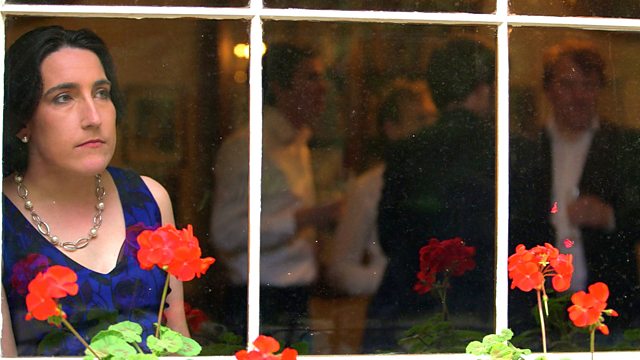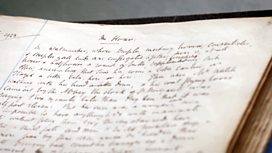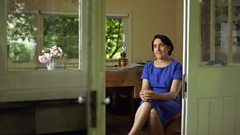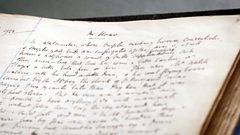Mrs Dalloway
Uncovering the stories behind the creation of six classic British books. Alexandra Harris shows how Virginia Woolf's Mrs Dalloway re-imagined what a novel might be.
Award-winning writer Alexandra Harris shows how Virginia Woolf's classic work Mrs Dalloway completely re-imagined what a novel might be.
Woolf came of age as an author after Europe had been shattered by the First World War. 'Everything was going to be new,' says Harris of Woolf's literary ambitions. 'Everything was going to be different. Everything was on trial'.
The result was a new, free-form style of writing that responded to the post-war climate of confusion and uncertainty. Radically, Woolf's central characters - socialite Clarissa Dalloway and shell-shocked survivor Septimus Smith - never meet, while the novel also pioneers a flowing stream-of-consciousness style.
Using original manuscripts, diaries and notebooks to 'catch a glimpse of a great writer at work', Harris argues that the novel also allowed Woolf to creatively channel her own mental illness into the character of Septimus Smith, and in so doing helped keep herself sane.
Produced in partnership with the Open University.
Last on
More episodes
Previous
![]()
The British Library holds notebooks by Virginia Woolf and the draft for Mrs Dalloway.
Clips
Credits
| Role | Contributor |
|---|---|
| Presenter | Alexandra Harris |
| Series Producer | Allan Campbell |
| Executive Producer | Richard Bright |
| Producer | Katy Homan |
| Director | Katy Homan |
Discover more with The Open University
Discover more with The Open University





